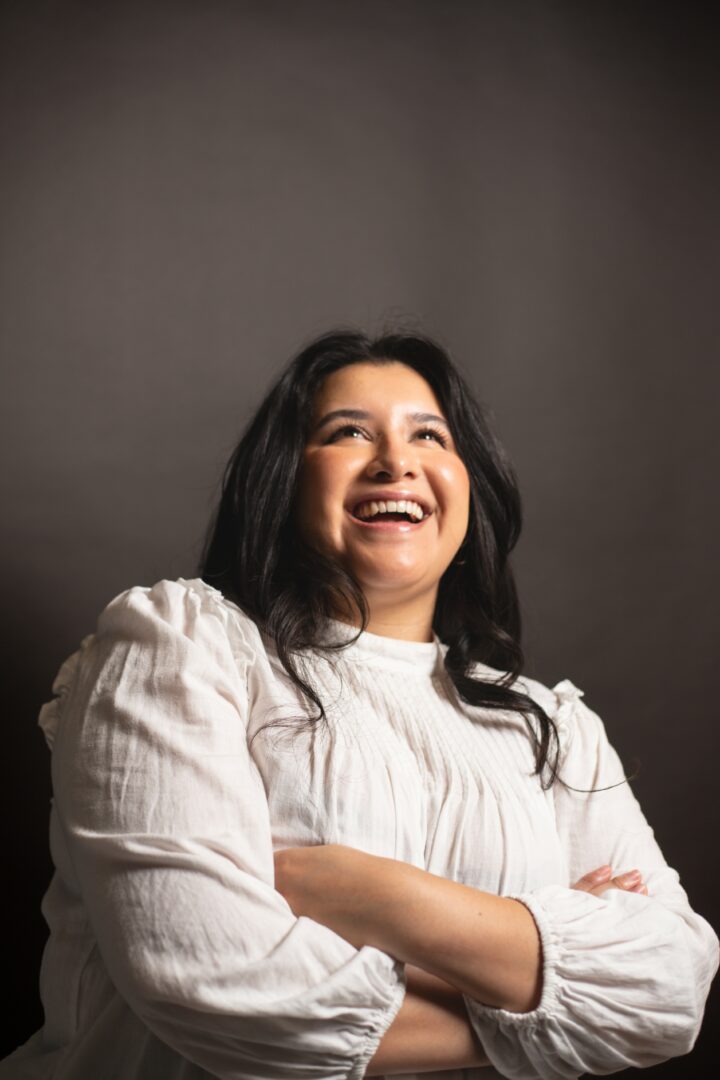We recently connected with Ileana Gonzalez and have shared our conversation below.
Ileana , thank you so much for joining us. You are such a positive person and it’s something we really admire and so we wanted to start by asking you where you think your optimism comes from?
Optimism for me is almost always created from doing my best to keep moving. By moving I mean quite literally to keep moving, doing, creating, or talking. Inviting myself to the present moment and grounding myself with gratitude has made the biggest difference in how often I really get to experience optimism. It is not something that feels natural to me nor does it just come around. I often have to create it for myself. I’ve also come to understand that allowing feelings and or emotions to take their natural course through the body makes room for the event of optimism. It’s not always present but can be created.

Thanks for sharing that. So, before we get any further into our conversation, can you tell our readers a bit about yourself and what you’re working on?
Hi there, I’m a licensed professional counselor here in Austin Texas. I work with people of color who might be dealing with relational trauma. Many of my clients are high achievers who struggle with self-doubt, emotional expression, and not feeling truly seen in their relationships. My approach is calm, intentional, and grounded—I bring warmth and honesty into the work to help clients feel supported while exploring the parts of themselves they’ve had to protect. My focus is on helping adults reconnect with their emotions, build self-trust, and create relationships where they can show up fully—without shrinking or striving to prove their worth.
Looking back, what do you think were the three qualities, skills, or areas of knowledge that were most impactful in your journey? What advice do you have for folks who are early in their journey in terms of how they can best develop or improve on these?
Looking back, the three qualities that shaped my journey most were being trauma-informed, building strong relational skills, and learning how to work for my optimism.
Being trauma-informed taught me to see behavior through the lens of protection rather than pathology. It shifted how I show up for others and for myself. For those early in their journey, I’d suggest diving into trauma education—but just as importantly, doing your own healing work. The more you understand your own patterns, the more grounded and compassionate you’ll be in supporting others.
Relational skills have been the backbone of everything I do. It’s not just about communication—it’s about presence, boundaries, and genuine curiosity. Practice active listening, notice your assumptions, and be willing to repair when things get off track. Real growth happens in those moments.
And “working for my optimism” means I’ve learned that hope isn’t something that just appears—it’s something you build, especially when the work feels heavy. Create small rituals that keep you connected to purpose and possibility. Surround yourself with mentors, peers, and practices that remind you why you started. Optimism, like any muscle, gets stronger with use.
Thanks so much for sharing all these insights with us today. Before we go, is there a book that’s played in important role in your development?
One book that’s played a meaningful role in my development is Attached by Amir Levine. It helped me put language to patterns I’d seen both in my clients and myself—especially around how early experiences shape the way we connect, seek closeness, and handle conflict.
A few lessons that stuck with me:
Understanding your attachment style isn’t about labeling—it’s about creating awareness so you can make different choices.
Secure relationships aren’t built on perfection, but on responsiveness, repair, and emotional safety.
People who seem “too sensitive” or “too needy” are often just seeking consistency and connection—the very things that build security over time.
This book reminded me that healing in relationships is possible, and that learning to name your needs isn’t weakness—it’s the foundation of healthy intimacy.
Contact Info:
- Website: https://www.gonzalez-therapy.com/
Image Credits
Ileana Gonzalez of Gonzalez Therapy
so if you or someone you know deserves recognition please let us know here.




